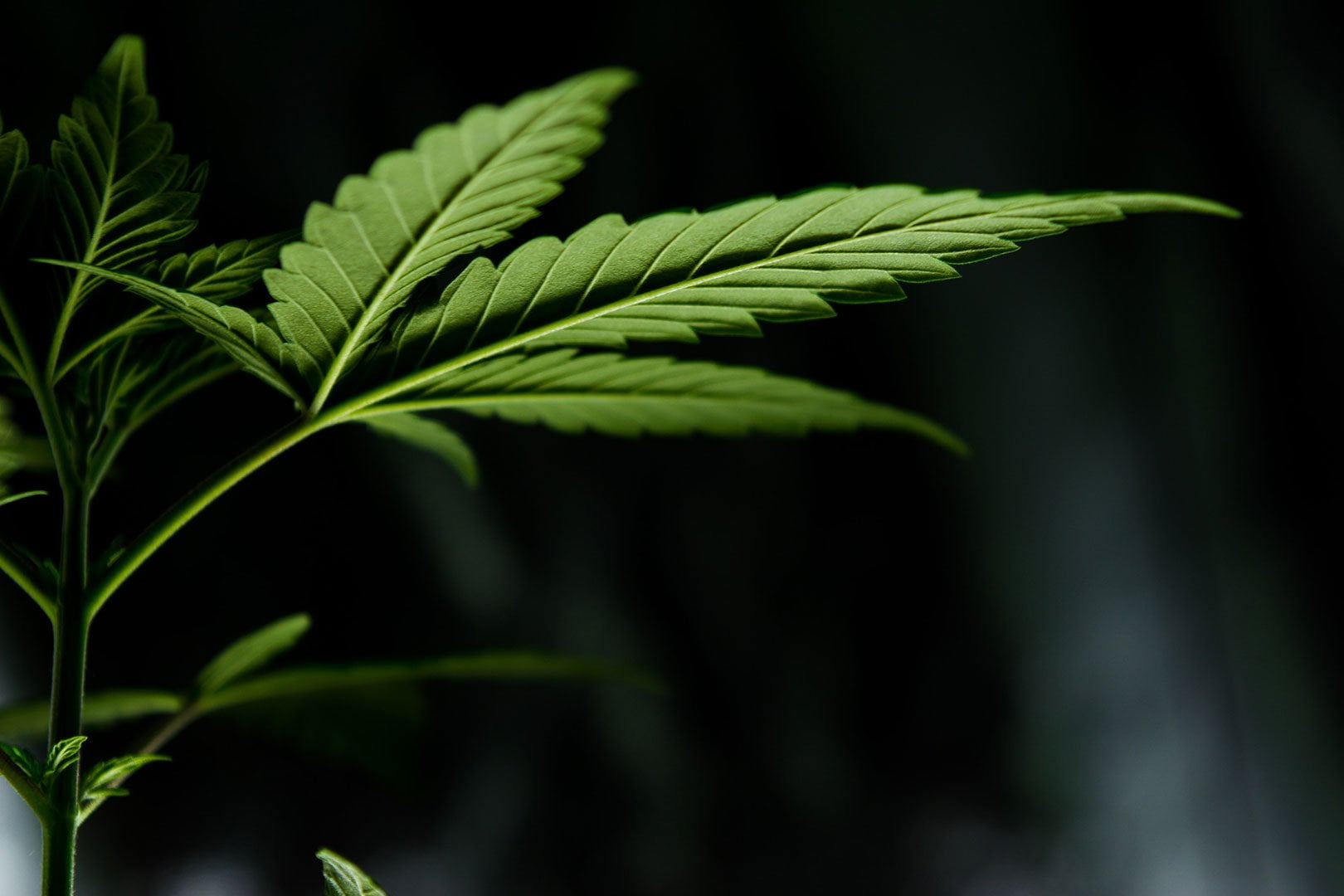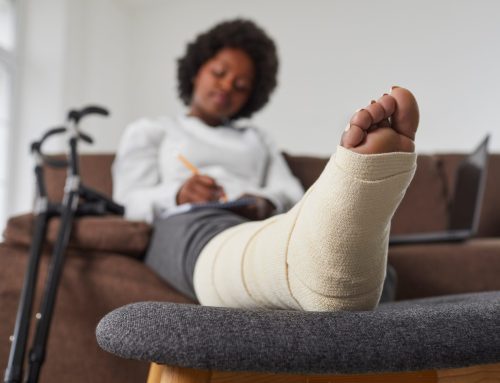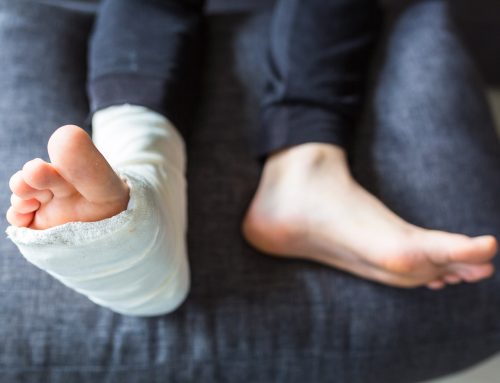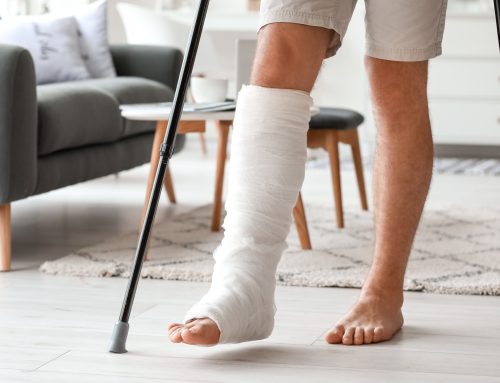Since cannabis became legalized for recreational use in Canada in 2018, more people have been experimenting with the drug for different uses. Dispensaries have rolled up across the country, filled with dozens of different strains, edibles like chocolate bars and sparkling water, tinctures, creams, and many other potent products.

But many of the specific health uses and benefits of cannabis are still being researched and confirmed. Cannabis has been shown to be helpful for chronic pain, which may mean fewer opioids can be used. It alleviates insomnia and other sleep problems and increases appetite, which is essential when living with some health conditions. There is also some evidence that cannabis may help bone fractures heal, though this hasn’t been widely tested with humans.
An ancient plant that could treat a number of health concerns
The cannabis plant has been used for more than 3000 years for treating a number of conditions, including for neuropsychiatric, gastrointestinal, and arthritis issues, as well as in traditional rites. It’s still the most frequently used psychoactive substance in the world and is increasingly becoming decriminalized or legalized in many countries.
Cannabis is a complicated plant, as it contains more than 100 cannabinoids. Cannabinoids are the chemical compounds that react with receptors in our brain when we use cannabis. The two most well-known and studied cannabinoids are tetrahydrocannabinol (THC) and cannabidiol (CBD).
THC is what’s typically known as marijuana or weed. It’s the compound that gives the “high” feeling and can calm the body, relieve pain, increase appetite, and help with sleeping. CBD doesn’t have any psychoactive effects but has been shown to be effective for managing seizures and anxiety, as it is an anti-inflammatory.
Uses of the cannabis plant
Research looking at the effects of cannabis on fracture healing is still limited, with some varied and contradictory findings. This is mainly due to the slow legalization of the drug in many countries. But it’s an important area of study. The demographic most likely to break a bone are young men, mainly due to the fact that, on a whole, they are more likely to enjoy high-impact sports, such as snowboarding and football.
We’re also living longer. The density of our bones gradually decreases with age, making us more susceptible to bone fractures and osteoporosis. Elderly people also often are living with multiple different diseases or health conditions. This population is becoming more interested in using cannabis for pain relief, sleep, and other reasons. But does cannabis strengthen or weaken our bones?
What the research says about the effects of cannabis on fractures
The majority of the research being done looking at the effects of cannabis on bone health and fractures are in animal studies. Usually, this research is done with rats or mice, so it’s difficult to apply the findings to humans. It can be difficult to study people, as well, because of all the variable things we consume every day. And it’s currently unknown how cannabis directly impacts bone health.
Cannabis may help with fracture healing though. A recent study, in the journal of Bone and Joint Pain, looked at the effects of cannabinoids on bone formation and healing. The researchers found that CBD treatment enhanced bone fracture healing in rats. Another study of rats found that CBD may increase collagen, which improves fracture healing in bones. THC was also found to reduce stiffness in the body. Additionally, one of the cannabinoid receptors in our brain, called CB1, has been linked to the regulation of bone remodelling and bone mass.
But heavy cannabis use could also be linked to lower bone mineral density and an increased risk of breaking a bone. One study looked at bone health among people in the UK, including 170 regular cannabis users, split into moderate and heavy use, and 114 controls that only smoked cigarettes. Moderate cannabis use was defined as five to 5000 occasions and heavy use, more than 5000 times using weed. Bone mineral density was lower in heavy cannabis users in their spine, neck, or hips.
These heavy tokers were also more likely to break a bone. Though they were all recruited from an inner-city neighbourhood in the UK, which could impact their general health and nutrition, and about two-thirds had also taken other illegal drugs.
How else cannabis can benefit health concerns
Researchers have found that older people with multiple sclerosis, arthritis, or cancer who use cannabis report better psychological wellbeing and quality of life. The majority of study participants reported that they used cannabis to address pain and improve quality of sleep; some people used the drug for digestive issues.
Canada has seen a marked increase in addiction and deaths from fentanyl, oxycodone, and other opiates. Though cannabis can be used for chronic pain relief and as a substitute for more harmful drugs, like opiates and alcohol.
A study in the Journal of the American College of Surgeons found that cannabis can reduce the use of opiates in patients with acute rib fractures. Cannabis can be used to decrease pain and anxiety, while not having the addictive nature of opioids.
Reducing harms of cannabis use
There are many documented health benefits of using cannabis, yet there are also many risks. Cannabis can cause severe respiratory issues, such as chronic coughing, shortness of breath, wheezing, and acute bronchitis. Excessive use can also bring about anxiety or a panic attack, nausea or vomiting, and chest pain.
There are ways to more safely consume cannabis though. Vaporizing cannabis or ingesting edibles may be a healthier option than smoking joints, as these forms reduce respiratory system problems. THC and CBD body creams and lotions can provide topical relief without having to smoke or eat anything.
Speak with your doctor or healthcare provider about whether cannabis could benefit you. Ensure to always start low and slow — at a very low dosage and only increasing after a couple of hours have passed.
Do you have any questions or suggestions about cannabis use with a bone fracture? We’d be happy to hear your comments and insights below.





